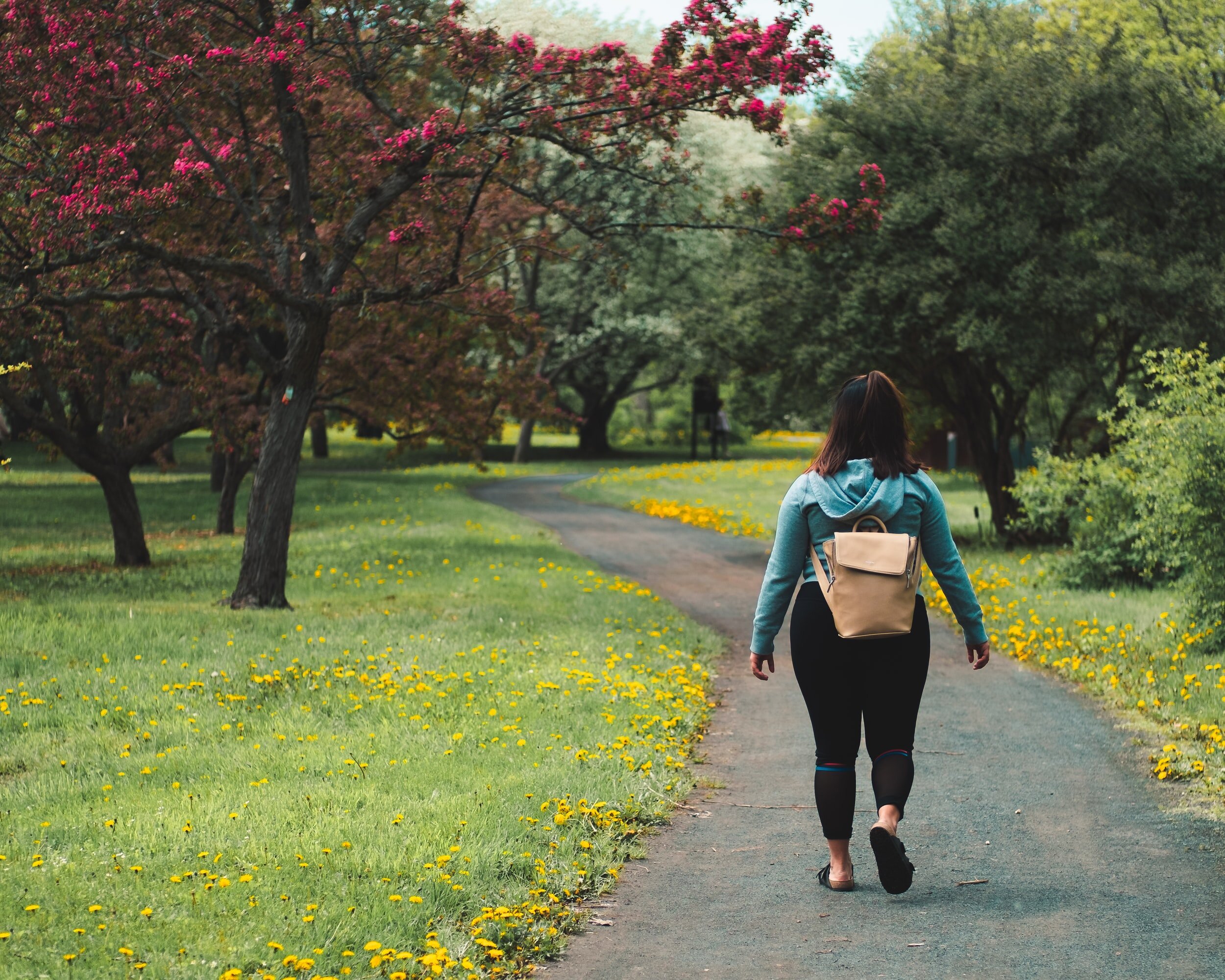How to cope with a stressful wait
I cover this research and much more in my interactive sessions on coping with stressful waiting
Well, that wasn’t what any of us wanted from the start of 2021, was it? As I write this, England (where I live) is once again in lockdown – and things are going to continue to be difficult for… some time.
So far, it’s been okay for me in practical terms: to my knowledge I haven’t had COVID-19, I live in secure housing with someone I love, I have easy access to outdoor space, and I have been able to do my job from home. It has not been easy for me in emotional terms: frustration, love, apathy, amusement, surprise, anger, panic, joy and nostalgia are just some of the emotions I have experienced while writing this sentence. I’m kidding, but only sort of. I have lots of feelings, good and bad, all the time, and I often don’t know how to deal with them, especially because many of those feelings come with a side order of anxiety. Add a pandemic to that and I become a mess.
Of course, you don’t need a pre-existing mental health condition to have been struggling with mental health during lockdown, something that you probably already know because there’s been a lot of research on this topic. Strangely, the very early part of lockdown was surprisingly okay for me, perhaps because I’ve been anxious all my life and it was like the Anxiety Olympics had finally arrived. For two weeks, all the therapy I’d had, all the coping mechanisms I’d developed, all the distractions I’d developed for when things got tough for me mentally, they got me through. But I crashed, pretty hard. A few weeks later, I was okay again. A few weeks later, I crashed again. A few weeks later – you get the picture.
For me, and I suspect for many people, this pandemic has been full of stressful waits of lots of different kinds. The big one for me is when can I see my family again? which is a pretty lucky one, as things go. I haven’t seen them in person for nearly a year, and I expect it’s going to be a lot longer before I can manage it.
There are lots of other kinds of waits of varying duration and horror that different people will have experienced, like will I be able to find toilet roll before I run out? and will my business survive this? and will this COVID test come back positive? and how long can my mental health bear being indoors almost all the time?
Excitingly, researchers were working on how people cope with stressful waiting well before the pandemic. In reading this research for another purpose, I realised that the coping strategies they’d identified were relevant to me now.
In order to understand why these strategies help, we first need to think about…
What makes waiting stressful?
There are two factors which can make a wait particularly stressful, both of which are present in the COVID-19 pandemic:
When we don’t know what to expect (I have no idea how long the pandemic will last).
When we can’t take any action to change matters (I can wear a mask, but that’s a drop in the ocean for the overall state of things).
COVID-19 is also difficult because it’s an ambiguous threat. If I caught COVID-19, I have no idea whether I wouldn’t even know it, would be ill for a short while, would suffer long-term health consequences, or would be killed by it. With an unambiguous threat like, I don’t know, a tiger coming at me, I would experience a fight-or-flight response that quickly resolved itself. With COVID-19, the fight-or-flight response instead becomes an anxiety response that could persist until the situation is resolved and… who knows when that will be?
So, the COVID-19 situation is difficult on a number of levels. Generally speaking, what can we expect during this kind of stressful wait?
You might have sleep disturbances like trouble getting to sleep, waking up in the middle of the night, or bad dreams.
You might have difficulty maintaining positive health behaviours like exercise and drinking enough water.
You might find it harder to cope in the winter than in the summer because sunlight tends to help us feel better – but very hot weather will probably make you feel worse.
Individual differences in stressful waiting
Not everyone will respond to a stressful wait in the same way. There are some groups of people who are likely to cope better than others. (Note: this is not an exhaustive list!)
Men, who tend to experience less worry than women (caveat: there’s no information on non-binary people, and it’s also not clear if men are actually less worried or just less willing to say they’re worried than women).
Actions to take to cope with stressful waiting
Based on the research on stressful waiting, here are a few actions you can take that should be helpful. There is no guarantee that anything on this list will work for you, because people differ (see above!). If something works for you it might not work for someone else; if it works for you once it might not work every time. Think of it as a list of suggestions, not a recipe for success.
Look after your physical health
Take exercise, get enough sleep, drink enough water, try to eat a varied diet. There’s a strong relationship between physical and psychological wellbeing, so taking care of yourself physically should also have positive effects on your mental health. My personal recommendation for exercise is Joe Wicks’ YouTube channel, because he has lots of exercise videos you can do at home, most without any equipment, and he’s got videos for a range of ages from small children to seniors, from absolute beginners to experts, and for people with various kinds of physical limitations.
Work on accepting your emotions
There are going to be times during a stressful wait that you feel distressed, and it’s going to be tempting to ignore that because it’s painful. However, it’s helpful to acknowledge what you are feeling, maybe by talking things through with a friend or by doing mindfulness meditation (which is especially helpful if you are feeling pessimistic and uncertain). Allowing yourself to be aware of your emotions in this way can also help you uncover what would help you to deal with them, which is helpful for the next point…
Find a state of flow
This is the pleasant feeling of being intensely absorbed in an enjoyable activity where you have a goal that is challenging but achievable and you can tell how your progress towards the goal is going. You’re not trying to ignore the stress of waiting, but rather provide yourself with an alternative to thinking about it that is likely to grip your attention. Doing this will help you feel more positive emotions and fewer negative emotions.
What will trigger a state of flow varies from person to person, but it can be almost any activity you can think of: putting on makeup, origami, ironing, playing video games, making cocktails, planning or doing a treasure hunt… The only absolute is that you need to be actively doing something (mentally or physically) – you can’t get into flow otherwise. Passive activities like watching TV may be distracting, which can be helpful, but you won’t get into a state of flow.
Brace for the worst – but do it effectively
To be clear, I don’t mean ‘brace for the worst as the pandemic ends’ because it’s unlikely to end suddenly and/or predictably. However, there are smaller waits embedded in the pandemic where you have a reasonably clear sense of when the end will be, like the gap between Boris Johnson announcing a press conference and holding it, or the gap between developing COVID symptoms and getting a test result.
In these kinds of situations, you’ll have a nicer time during the wait if you’re optimistic, but that could mean you’re in for a shock when the waiting period ends if you get bad news. The trick is to be pessimistic and brace for the worst only when the waiting period is ending, because that gives you a relatively pleasant waiting period while also insulating you from unpleasant surprises.
I cover all these tips and more in depth in my workshop on coping with stressful waiting
You’re probably going to find a stressful wait difficult even if some or all of these tips work for you. That’s okay – you’re not alone in that experience (except perhaps physically; thanks, COVID). However, there is a pay-off even if you find it incredibly difficult: compared to someone who’s found it relatively easy, you’re likely to feel more joy in the case of good news, and less distressed and more ready to swing into action in the case of bad news. Good luck, everyone!






